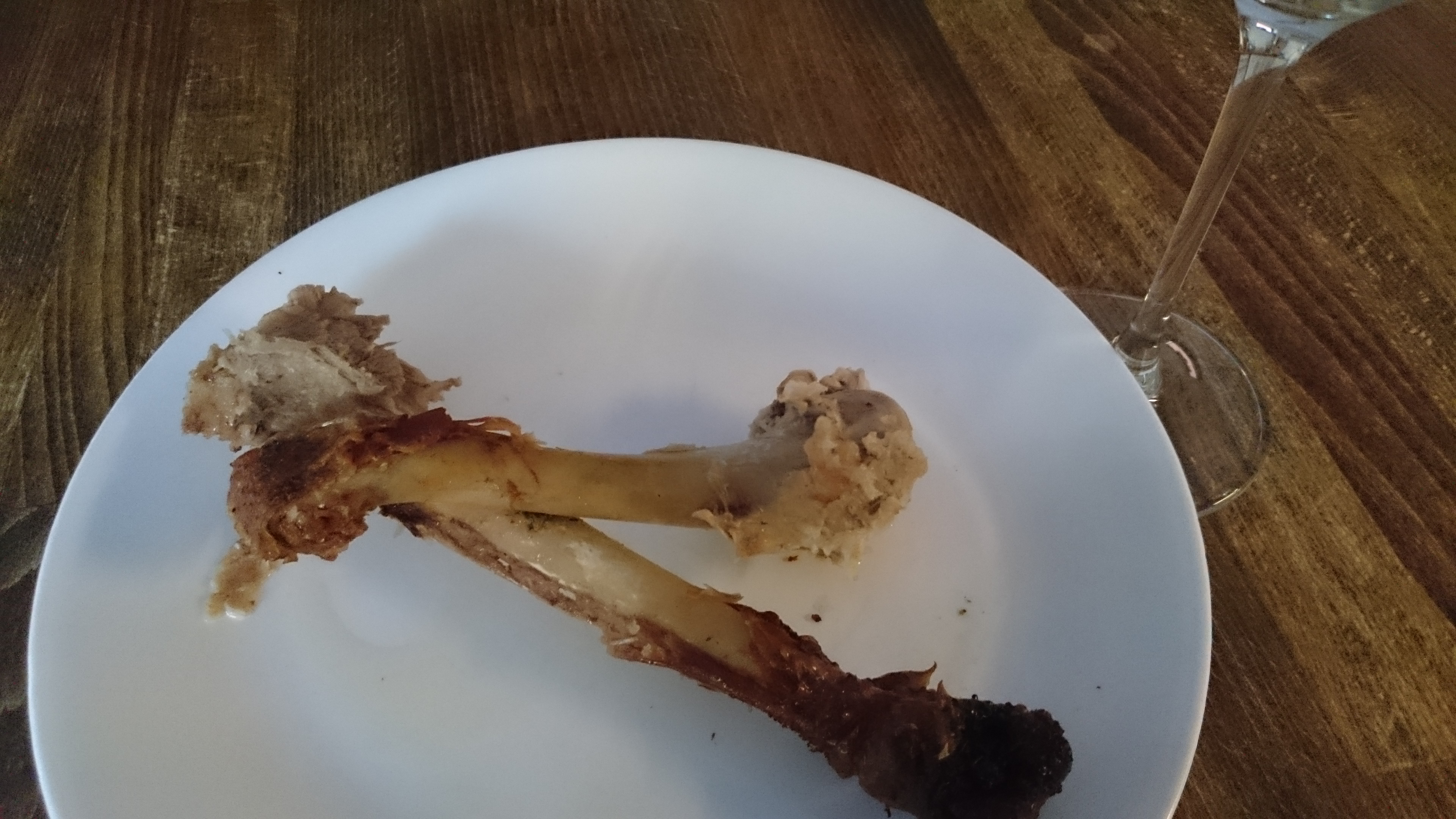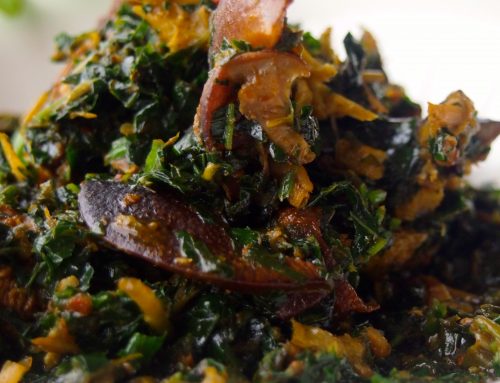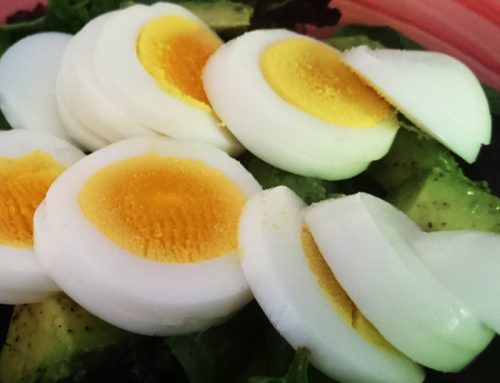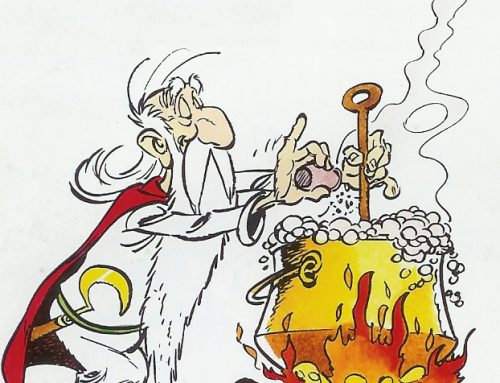
After the party
As we scrub out the pot that held Christmas stew,
and pack away bottles and the bones we did chew,
our thoughts turn to waistlines that we once knew.
So we swear that we’ll see them in this year that is new.
Again, just like last year, we know what to do.
Yup, we’re going on a diet!! We’re joining a gym!!
In February, most of us will have forgotten all about it and just get used to buying the new size in clothes.
Some of us will see the diet through, anybody can do a 10-day-cleanse or 30-day-slim or 90-day-tone but . . . the problem with dieting is, what happens after the diet is over? Working on the assumption that the diet has fulfilled its purpose, in most cases weight-loss, then what? If you go right back to what you were doing before the diet, you will go right back to how you were before the diet. You don’t need a nutritionist to tell you that. . .
I don’t recommend ‘diets’. I do recommend lifestyle and dietary changes that are practical, achievable and sustainable. Life is for enjoying. Given a choice of living in a bubble for 120 years, eating only sawdust soaked in pomegranate juice or living for just 60 years with full enjoyment of all good food, drink and activities, I would personally choose the 60 year option. Luckily, ‘sufferhead’ is not a necessary part of a healthy lifestyle. In fact, having a happy mental state has been equated to better health in many scientific studies.
There is no ‘Banji Diet’**. I’m not going to sit here and say everybody should start their day with a cup of lightly salted oatmeal with a tablespoon of coconut oil stirred in and two fried eggs on top. When I design an eating plan for an individual, I start by getting them to record for a week, everything they eat or drink. I ask many questions about favourite foods and lifestyle preferences. It’s not about me telling you what to or not to eat, but about working out how to tweak your diet and lifestyle for better health. Within reason, changing how you eat the things you like, rather than getting rid of them, is enough to make huge changes to your well-being. Obviously, if the only thing you like to eat is Agege bread dipped in sugary tea, we may have a bit of a problem.
Having said that, most people trying to lose weight don’t need professional help, there is plenty of general good sense that should work for most people. The UK government ran a campaign with the slogan, “Eat well, move more, live longer”. The problem here being the interpretation of ‘eat well’ but it is generic and applies to everybody. I have three generic ‘eating well’ rules that anybody can apply in the takeaway below.
Move more? So simple, yet so misunderstood. There are many ways to achieve this. For some reason, many people feel that this must involve a gym or jogging. Not so but far otherwise. Gyms are great if you enjoy exercise for its own sake and if you can make regular sessions fit your lifestyle. In an ideal world you would get some gentle exercise every day, there are many ways to do this;
- Housework- wipe, sweep, polish and mop, every day.
- Modify your work commute to include walking at least 30 minutes daily. (increase as you get fitter)
- Cycle to work.
- Take the stairs all or part of the way up and down. (increase as you get fitter)
- Walk a dog. (find an old neighbour who needs help with this?)
- Garden. For beauty, or grow your own vegetables and double the benefits.
- Take up a fun activity- football, basketball, tennis, badminton, volleyball, water-polo, table-tennis, frisby, rollerblading, keeping up with children, getting away from children, Pokémon hunting, door-to-door campaigning for something, hiking, rock-climbing, etc.
**Well actually, there is a ‘Banji Diet’, but it’s designed for me.
Wetin you dey chop?
 Major Abs’ Takeaway:
Major Abs’ Takeaway:
- Always eat breakfast soon after waking up.
- If you must be bad, be bad in the morning. (assuming normal sleep patterns)
- Never eat or drink* carbohydrates without protein. (*Sweet or alcoholic drinks are carbohydrates.)






Great stuff Banji..
I am in